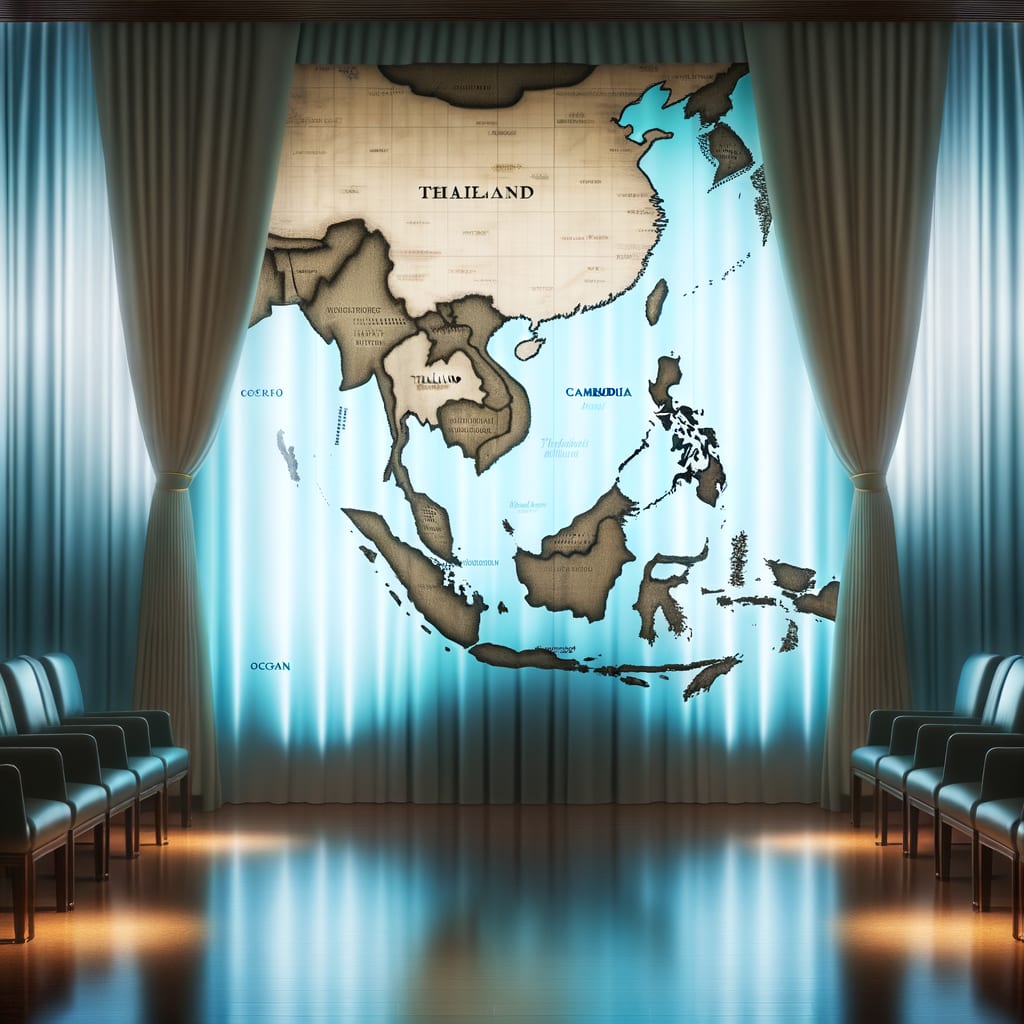Thailand and Cambodia Agree on Immediate and Unconditional Ceasefire
Thailand and Cambodia have agreed to an immediate and unconditional ceasefire, ending a week of deadly border clashes that have resulted in multiple fatalities and the displacement of over 260,000 people. The announcement was made by Malaysian Prime Minister Anwar Ibrahim, who served as a mediator in peace talks between the two nations.
Historical Disputes and Recent Escalation
The conflict between the two Southeast Asian nations has historical roots, with territorial disputes dating back to the French colonial era. Tensions escalated in late May, leading to a series of deadly border clashes. The most recent outbreak of violence began last week, following a landmine explosion that injured five Thai soldiers, triggering mutual accusations and escalating into a military conflict.
The Ceasefire Agreement
Following days of fighting, the leaders of Thailand and Cambodia convened in Kuala Lumpur for peace talks hosted by Malaysian Prime Minister Anwar Ibrahim. The agreement on an immediate and unconditional
ceasefire was reached, which took effect at midnight local time on July 29.
The truce was hailed as a significant breakthrough, marking an end to the worst fighting the nations have experienced in a decade. In addition to the ceasefire, both countries have committed to de-escalation measures, including meetings between military commanders and the reestablishment of a joint border monitoring committee.
International Influence and Support
The ceasefire agreement was facilitated by international intervention, with the United States and China playing significant roles. US President Donald Trump and China were thanked by both sides for their contribution towards achieving the truce. Trump had earlier warned that the US would not resume trade with the Southeast Asian countries until the fighting ceased.
Current Status and Future Prospects
The ceasefire agreement has brought temporary relief to the region, effectively ending days of deadly border clashes. However, the long-term resolution of the territorial dispute remains uncertain.
Acting Thai Prime Minister Phumtham Wechayachai previously warned that the border clashes could escalate into a full-scale war. While the ceasefire has averted immediate escalation, the risk remains unless the underlying territorial dispute is resolved.
The joint border monitoring committee is expected to play a crucial role in maintaining the ceasefire and avoiding future conflicts. As the situation stands, the cessation of hostilities marks a turning point in the historical conflict between Thailand and Cambodia.

